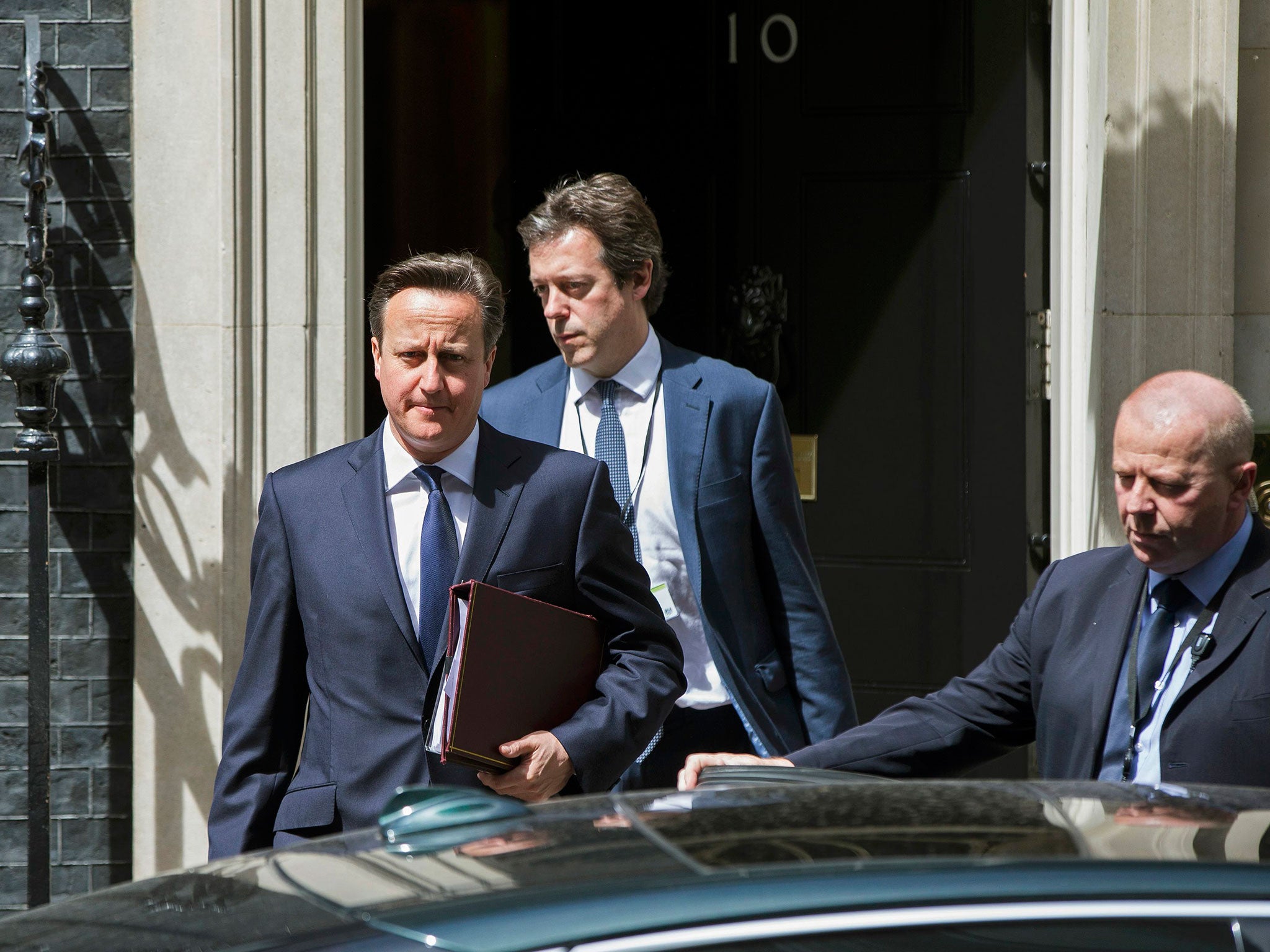Tunisia attack: To prevent more bloodshed we must accept that containment has not worked
Talk by Cameron of combatting 'the narrative of the terrorists' shows a lack of seriousness on the part of the Government


Your support helps us to tell the story
From reproductive rights to climate change to Big Tech, The Independent is on the ground when the story is developing. Whether it's investigating the financials of Elon Musk's pro-Trump PAC or producing our latest documentary, 'The A Word', which shines a light on the American women fighting for reproductive rights, we know how important it is to parse out the facts from the messaging.
At such a critical moment in US history, we need reporters on the ground. Your donation allows us to keep sending journalists to speak to both sides of the story.
The Independent is trusted by Americans across the entire political spectrum. And unlike many other quality news outlets, we choose not to lock Americans out of our reporting and analysis with paywalls. We believe quality journalism should be available to everyone, paid for by those who can afford it.
Your support makes all the difference.Effective action to prevent further attacks by Isis-inspired gunmen requires a recognition of the failure of the policy of containment of Isis pursued over the last year by the US, Britain and their allies. Isis is getting stronger not weaker. In the aftermath of an atrocity like Sousse, it would be naïve to expect David Cameron to admit to this failure and to recommend new and more effective policies.
Unsurprisingly, he expressed defiance towards Isis, commiseration with its victims and pledged a “full spectrum response” to the massacre. There was waffle about Isis “attacking our way of life and what we stand for, so we have to stand united with those that share our values”.
But nowhere in Mr Cameron’s interview with the BBC or speech in the House of Commons was there much sign of understanding what he is up against. What has really changed since 9/11 and 7/7 is that today terrorist attacks are promoted by a powerful state based in northern Iraq and eastern Syria that has an army more powerful than most members of the UN.
It was all very well for Mr Cameron to insist that the UK had carried out 300 air strikes and this is more than any other country aside from the US which has carried out 6,000. What he did not address was the fact that despite these airstrikes Isis last month defeated the Iraqi army at Ramadi and the Syrian army at Palmyra. Making an issue of the fact that the BBC refers to “Islamic State” suggests that Mr Cameron has not really grasped the seriousness of developments in Iraq and Syria over the last year.
Mr Cameron has played a part in opening the door to Isis by joining the campaign to overthrow Muammar Gaddafi in Libya, which has led to that country collapsing into anarchy which provides fertile soil for Isis to take root and grow. This in turn is contributory cause to Isis expanding in Libya.
There is no sign that Mr Cameron or any of the Western powers have learned any lessons from what happened in Libya. When Saudi Arabia started bombing Yemen earlier this year its actions were backed by the US, Britain and other powers, though a predictable result of this air campaign has been to weaken the Yemeni army, the one institution holding the country together, and lead to Isis becoming an influence there for the first time.
Al-Qaeda in the Arabian Peninsula (AQAP) that used to be penned into remote villages has become a power across south Yemen.
Talk by Cameron of combatting “the narrative of the terrorists” shows a lack of seriousness on the part of the government. What it really needs to do is find effective local partners in the Middle East which means better relations with Iran and the coalition it leads, which is fighting Isis, at the risk of offending the Sunni states like Saudi Arabia, Turkey and the Gulf monarchies whose sympathies are with the Sunni communities in which Isis has taken root.
Join our commenting forum
Join thought-provoking conversations, follow other Independent readers and see their replies
Comments